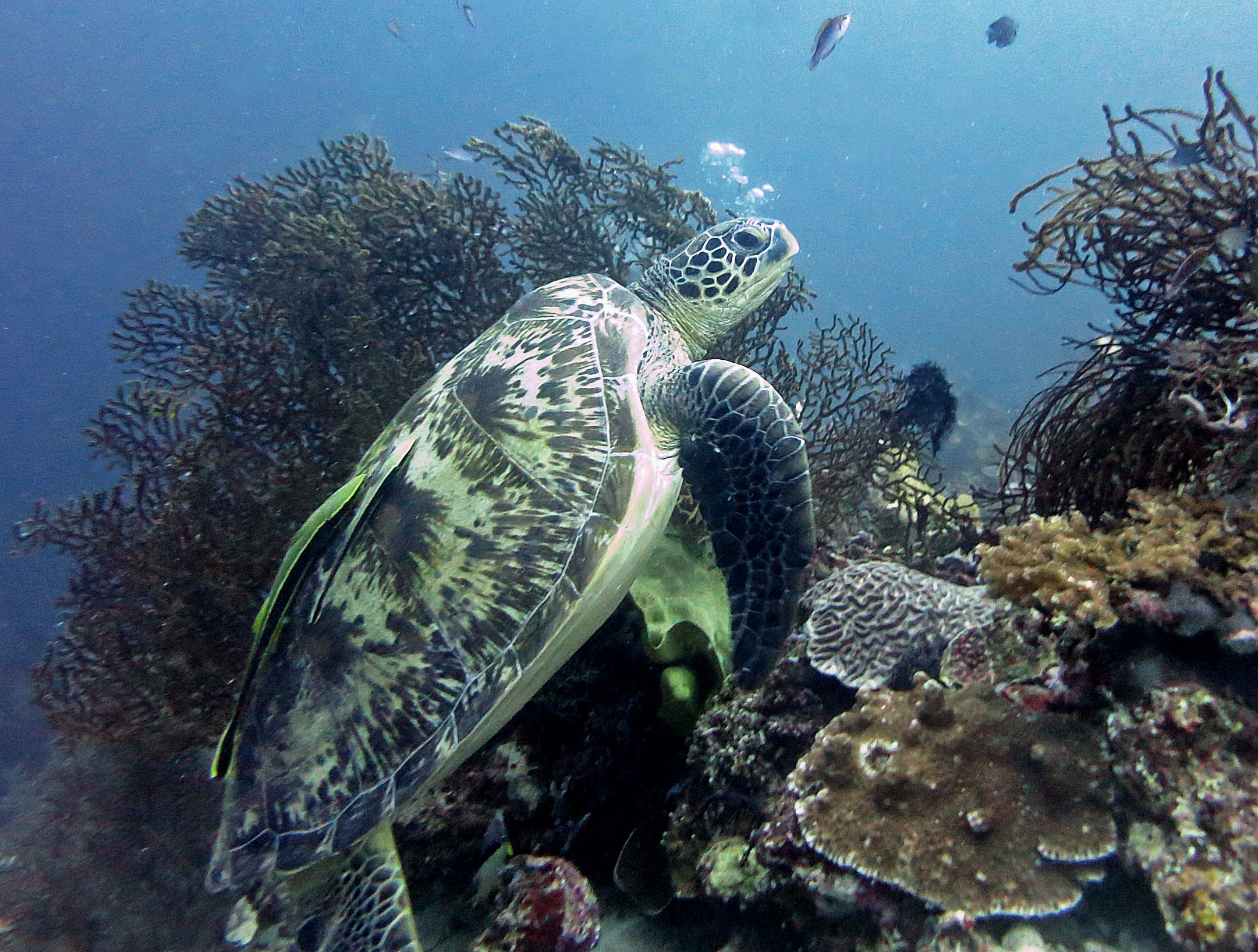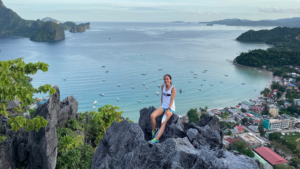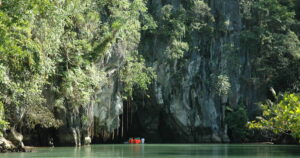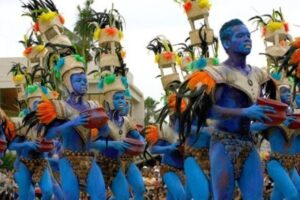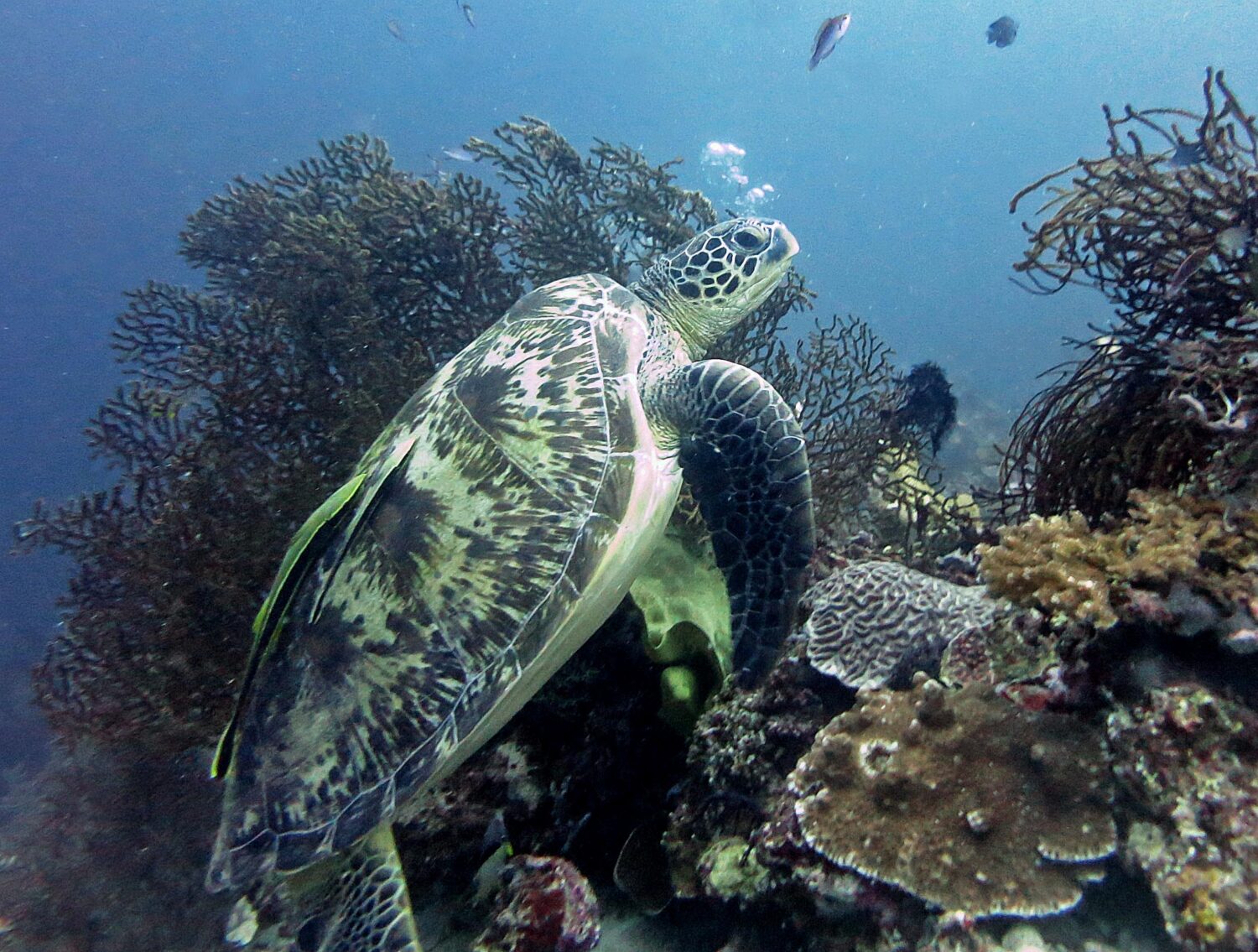
Saving Ocean Giants: Turtle Conservation Programs in Palawan
The crystal-clear waters and pristine coastlines of Palawan are not just a haven for tourists, but also a critical nesting ground for several endangered sea turtle species. Turtle conservation programs in Palawan play a vital role in safeguarding these magnificent creatures for generations to come.
Importance of Turtle Conservation
Sea turtles are more than just charismatic marine reptiles. They act as ecosystem engineers, grazing on seagrass beds and maintaining the health of coral reefs. Their role in nutrient cycling and maintaining the balance of marine food webs is essential for healthy oceans. Furthermore, sea turtle populations serve as indicators of overall ocean health, highlighting areas where environmental issues may be lurking.
Objectives of Turtle Conservation Programs
Turtle conservation programs in Palawan focus on a multifaceted approach to protecting these gentle giants. Here are some of their key objectives:
- Protecting Nesting Sites: Since female sea turtles return to the same beaches where they hatched to lay their eggs, identifying and safeguarding these nesting sites is paramount. Conservation efforts involve regular patrols to deter predators and poachers, and the creation of protective barriers around nesting areas to ensure the eggs’ safety.
- Research and Monitoring: Understanding sea turtle behavior, migration patterns, and threats faced by these populations is crucial for developing effective conservation strategies. Research and monitoring programs gather valuable data through tagging studies, nest monitoring, and population surveys.
- Community Engagement: The success of turtle conservation hinges on community involvement. Programs actively engage local communities and tourism stakeholders to raise awareness about the importance of sea turtle conservation. This fosters responsible tourism practices and encourages community participation in conservation initiatives.
Organizations Involved
Several organizations are at the forefront of turtle conservation efforts in Palawan:
- Palawan Council for Sustainable Development (PCSD): A government agency tasked with overseeing environmental protection in Palawan, the PCSD plays a leading role in developing and implementing marine biodiversity conservation initiatives, including sea turtle protection programs.
- Turtle Islands Wildlife Sanctuary (TIWS): Situated in the idyllic Turtle Islands, this sanctuary serves as a protected area dedicated to safeguarding sea turtles and their habitats. The TIWS spearheads research, monitoring, and conservation efforts within the sanctuary.
- Local NGOs and Conservation Groups: Numerous non-governmental organizations (NGOs) and grassroots conservation groups collaborate with the government and local communities to implement on-the-ground conservation projects and raise awareness about the plight of sea turtles.
Saving Ocean Giants: Turtle Conservation Programs in Palawan
The crystal-clear waters and pristine coastlines of Palawan are not just a haven for tourists, but also a critical nesting ground for several endangered sea turtle species. Turtle conservation programs in Palawan play a vital role in safeguarding these magnificent creatures for generations to come.
Activities and Initiatives
Turtle conservation programs in Palawan encompass a range of activities designed to protect these fascinating creatures:
- Nest Monitoring and Protection: Conservationists diligently monitor nesting sites to safeguard eggs from poachers, predators, and disturbances. This often involves nighttime patrols and the installation of protective cages around nests.
- Hatchling Release Programs: These programs offer a glimpse of hope for the future. Incubated eggs are carefully monitored, and once hatched, the tiny hatchlings are released back into the ocean in a symbolic ceremony. These events raise public awareness about the challenges sea turtles face and inspire community participation in conservation efforts.
- Community Education and Outreach: Spreading awareness is key to garnering support for conservation. Educational workshops, school programs, and community outreach events are conducted to highlight the importance of sea turtles and encourage responsible behaviors towards these marine animals.
- Bycatch Mitigation: Accidental capture of sea turtles in fishing gear (bycatch) is a significant threat. Conservation programs collaborate with fishermen to implement bycatch reduction strategies, such as using turtle excluder devices (TEDs) in fishing nets.
Challenges and Conservation Efforts
Despite ongoing efforts, sea turtles face numerous threats to their survival:
- Illegal Poaching and Trade: The demand for sea turtle meat, eggs, and shells fuels a lucrative illegal trade. Conservation programs work closely with law enforcement agencies to combat poaching and enforce protective regulations.
- Habitat Destruction: Coastal development, pollution, and habitat degradation destroy nesting grounds and foraging areas for sea turtles. Conservation efforts focus on habitat protection and restoration, advocating for sustainable coastal development practices, and establishing marine protected areas.
- Climate Change: Rising sea levels, ocean acidification, coral bleaching, and beach erosion due to climate change pose a significant threat to nesting beaches and disrupt sea turtle migration patterns. Conservation programs address these challenges through adaptation strategies and ecosystem-based management approaches.
Tourism and Responsible Practices
Tourists visiting Palawan can contribute to turtle conservation by adopting responsible tourism practices:
- Supporting Conservation-Friendly Businesses: Choose accommodations and tour operators that prioritize wildlife conservation and sustainable practices. Look for certifications or affiliations with recognized conservation organizations.
- Participating in Educational Activities: Join tours or activities that promote sea turtle conservation and raise awareness about marine biodiversity. Educational programs offered by reputable companies can provide valuable insights into the challenges faced by sea turtles and the ongoing conservation efforts.
- Avoiding Illegal Wildlife Trade: Refuse to purchase souvenirs made from sea turtle shells or any other marine wildlife products obtained illegally. By not fueling the demand, you can help curb poaching and protect these endangered animals.
Green Gecko Expeditions: Exploring Palawan Responsibly
While exploring the wonders of Palawan, consider embarking on a breathtaking voyage with Green Gecko Expeditions. Our renowned 3-day boat trips from Coron to El Nido, or El Nido to Coron, provide an unforgettable island-hopping experience. More importantly, we operate with a strong commitment to sustainable tourism and actively support turtle conservation efforts in Palawan.
During your expedition, our knowledgeable guides will educate you about the importance of sea turtles and the delicate ecosystems they inhabit. We strictly adhere to responsible practices to minimize our impact on nesting beaches and ensure a safe environment for these magnificent creatures.
Working Together for a Brighter Future
Sea turtle conservation requires a united front. Through collaborative efforts between government agencies, NGOs, local communities, and responsible tourists, we can ensure the survival of these ocean giants for generations to come. By supporting conservation programs, adopting responsible tourism practices, and raising awareness about the threats they face, we can all play a vital role in protecting sea turtles and preserving the magic of Palawan’s marine environment.
Remember, the health of our oceans is intricately linked. By protecting sea turtles, we safeguard the delicate balance of marine ecosystems and ensure a healthier planet for all. Let’s work together to ensure these ocean giants continue to grace the waters of Palawan for years to come.

